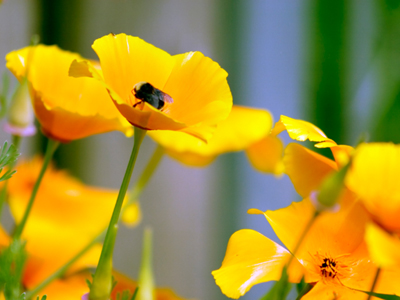
Silas Marner - Language
This GCSE English Literature quiz takes a look at language in Silas Marner by George Eliot. Silas Marner resembles a fairy tale in many ways. This resemblance is often most apparent in its language. Eliot’s language choices often emphasise semi-magical aspects to the story, especially in its opening and also around Eppie’s appearance on Silas's hearth. Language is also used here to create an air of timelessness in a way that implies that the lessons of this tale can be suspended from particular times and locations in order to be applied more universally. Dialogue, rather than description, seems to root the tale into its particular setting in Raveloe. Pay close attention, therefore, to distinctions between the language the narrator uses and that employed by the characters.
Ready for more?
not all...
quizzers. Try to win a coveted spot on our Hall of Fame Page.







